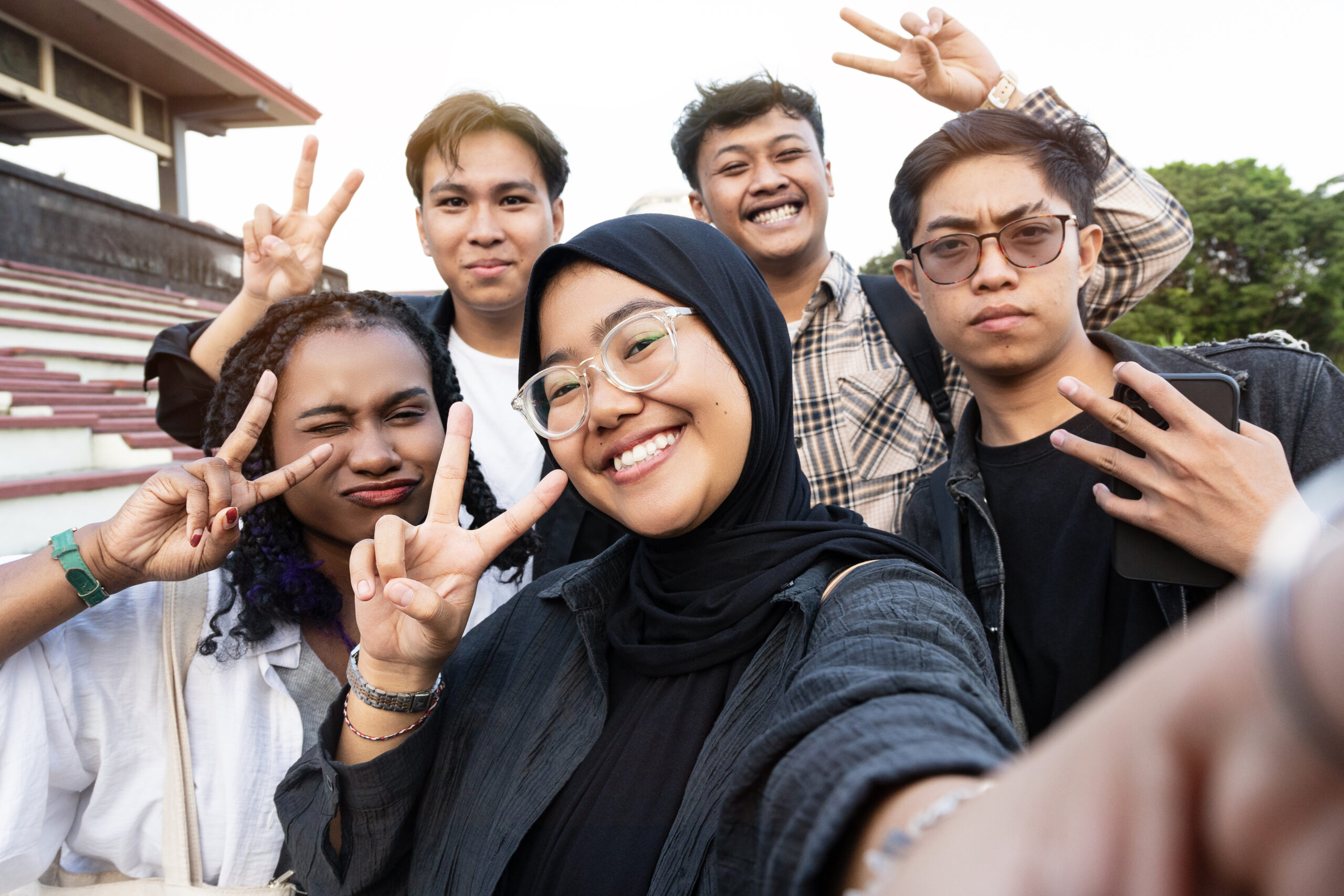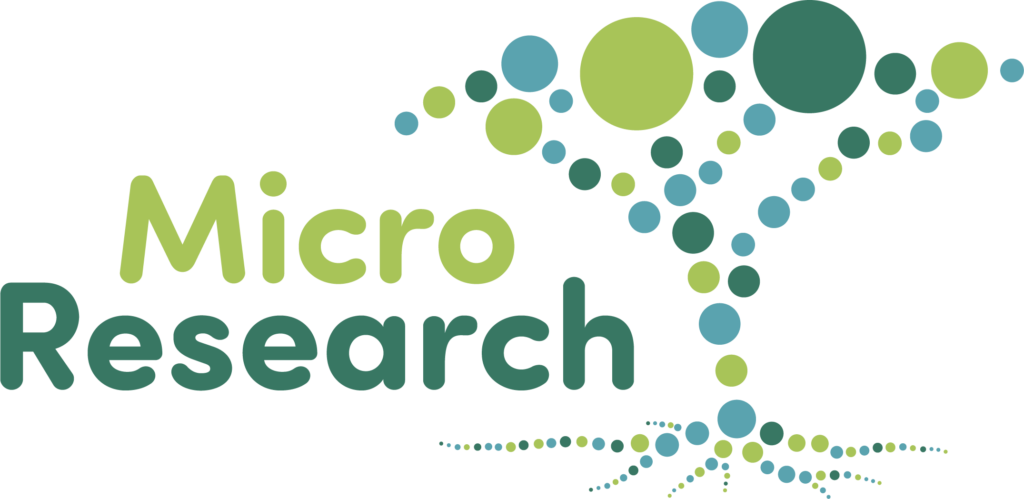Developed in Uganda in 2008, MicroResearch’s roots are in East Africa. However, with the flexibility and adaptability of the program, it has spread beyond Uganda, across Africa and into Asia.









How to apply for our grants.
Applications for MicroResearch projects usually occur as a result of a project idea initiated during a MicroResearch workshop, by members of the workshop team. Grant applications are typically submitted within 12 months of the workshop.
Note: A first grant application that does not meet the criteria outlined below will only be considered if fully justified. Contact MicroResearch before preparing an application to ensure eligibility.
PROJECT TEAM LEADER (PTL):
PROJECT TEAM MEMBERS:
Applications will be judged on: feasibility, importance, scientific merit, and novelty. The reviewers will come from Africa, Asia, and North America and will have a good knowledge of the research field. Reviewers will assess the need for doing the research and whether members involved will be able to do it well. Deadlines for grant applications will vary based on workshop date and site, please contact your local site organizer or the MicroResearch coordinator to confirm the deadline.
The first step will be to download the application form onto your computer. Review the instructions carefully. Next, review workshop material on Writing a Grant Application and the supplemental materials on the curriculum website. Take into consideration the feedback provided by the judges and facilitators during your proposal presentation at the MicroResearch workshop. Work with your team on a rough draft and discuss it with your local coach, when you are ready to submit, send it as a Word document attachment to microresearch@dal.ca.
Following the successful completion of a MicroResearch project, team members have the opportunity to apply for a second grant. This opportunity is depending on available funding from the local site, so please contact MicroResearch (microresearch@dal.ca) before beginning the application process.
Project Team Leader (PTL):
PROJECT TEAM MEMBERS:
MicroResearchers who have completed a project and have published their findings have the opportunity to apply for additional funds for Knowledge Translation (KT) expenses. This grant offers a maximum of $500 (CAD) to be used for KT expenses, such as event planning, promotional materials, and communications costs. These funds are subject to availability at the local site, please contact MicroResearch before beginning the application process. As part of the KT grant application, teams must describe the intended audience, objectives, and strategies of their KT plan, as well as outline the proposed budget.
Teams are asked to consult with their local and international coaches for guidance. KT grant applications are accepted year-round and undergo the same peer-review process as other MR grants.
Contact MicroResearch for a copy of the KT Grant Application form or if you have any questions about the application process, what KT grants can be used for, or if you meet eligibility criteria.

Improving health care outcomes with innovative community based research
Copyright © 2025 MicroResearch